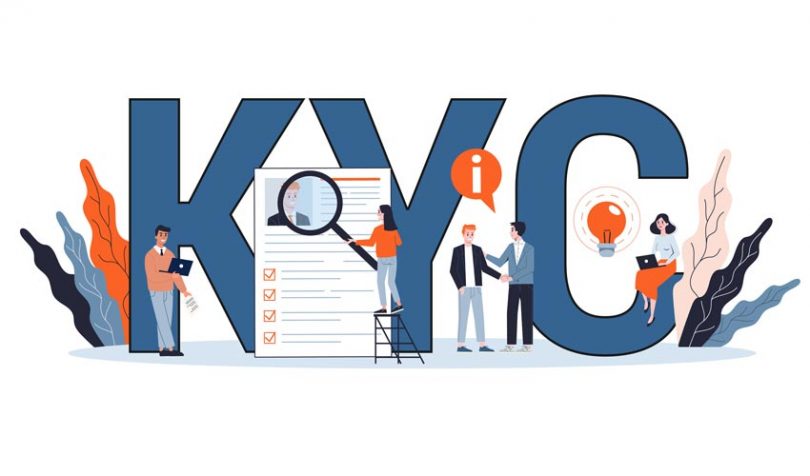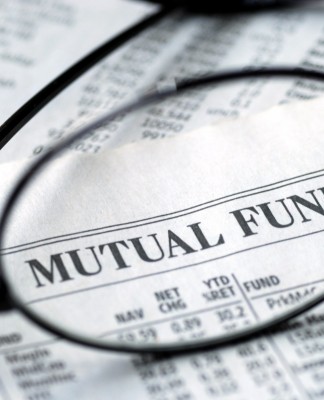As you select investments for your portfolio or acquire assets, you will more than likely come across KYC forms. The information is for the financial institution to “Know your customer” – you. Some of the questions may seem invasive or too much for what your transaction. But you should be more concerned if you don’t get asked these questions.
“Just as I tell everyone to do due diligence on all their investments, so should companies do the same with their clients,” explained Richard Cayne of Meyer International. “This exercise helps foster transparency and trust all around.”
KYC is essential for everyone involved
Even the simplest transactions are going global. And more and more exotic products from derivatives to cryptocurrencies are becoming more widely available. This creates an environment rife for fraud and money laundering. Sometimes without investors being aware. “Investors” here are not only individuals like you, but also financial advisors and institutions making investments on your behalf.
In response to these developments, most countries and international regulatory bodies have established rules and standards that companies must comply with. It details required customer identification, transaction monitoring, and risk management. This allows institutions, and governments when needed, can confirm who their customers are and where their money comes from (and goes to).
This usually entails such steps as: collection basic customer information (names, addresses, government identification numbers, etc.), comparing customer information against various watchlists and media for illegal activities or affiliations, and assessing customer’s affiliations and transactions for potential money laundering or illegal funding activity. For a truly robust KYC programme, companies will continue to monitor clients throughout the relationship and flag any suspicious activity.
Ensuring everyone is aboveboard means there is a level of trust and confidence that is essential. You want whoever is handling your money to be trustworthy, so they should know that everyone they are dealing with are trustworthy too.
KYC goes both ways
You should not look at KYC procedures as invasive. They are a necessary part of the process that you should expect. If you’ve chosen an investment and all they ask for is a check, you may want to do your own KYC. Even in the most lenient jurisdictions, financial institutions must follow some level of KYC compliance. If you’re unsure, ask a trusted advisor to help you out.
“Clients need to know as much about their investments as possible before they decide,” said Richard Cayne. “And every party’s reputation depends on everyone doing their KYC.”














